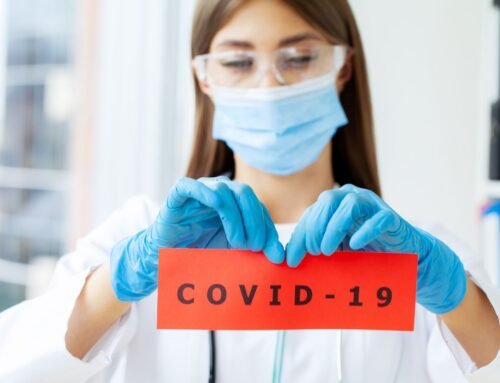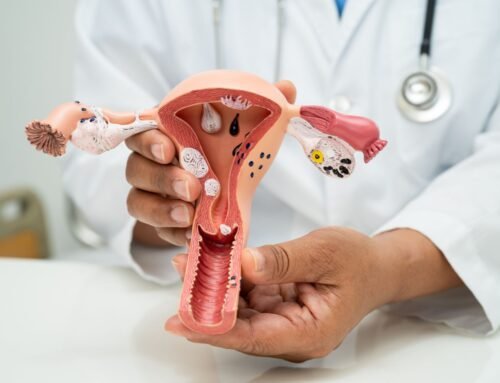Hey there, busy bees! We know the outdoors can be buzzing with excitement, but sometimes, those little critters can give us a not-so-friendly greeting in the form of bee stings and insect bites. Fear not! Let’s break it down, so you can handle these pesky surprises with ease.

Bee Stings:
Ever had a bee thinking you’re a flower and decided to give you a tiny “poke”? Ouch! Bee stings are a common outdoor mishap. When a bee stings, it leaves a part of its body stuck in your skin, making you feel like you’re playing a weird version of tag.
Treatment: First, remove the stinger with a gentle scrape using a credit card or your fingernail (avoid squeezing!). Clean the area with soap and water. A cold pack or a dab of honey can help reduce swelling, you can take a non prescription antihistamine, such as cetirizine (Zyrtec), and if there is pain you can take a pain reliever, such as ibuprofen (sold as Advil, Motrin, and store brands), may help reduce pain.. Time to bee patient while the sting heals!
Prevention: Bees are friendly pollinators, so let’s coexist peacefully! If you’re near a hive, move away slowly and avoid swatting at them. Wear light-colored clothing and avoid floral-scented perfumes, as they might think you’re their next date!
When to See a Doctor: Most bee stings are harmless, but if you notice severe swelling, trouble breathing, or an allergic reaction (keep reading!), buzz your way to the nearest doctor at Gam-Med Urgent Care!
Insect Bites:
Ah, the great outdoors, where bugs decide to take a little taste of your skin. Insect bites can itch like crazy and make you do a dance that would put any bee to shame!
Treatment: Clean the bite with soap and water, then pat it dry. Resist the urge to scratch (as hard as it may be)! Try an over-the-counter anti-itch cream, you can take a non prescription antihistamine, such as cetirizine (Zyrtec), and if there is pain you can take a pain reliever, such as ibuprofen (sold as Advil, Motrin, and store brands), may help reduce pain.
Prevention: Bugs love snacks, but you don’t have to be one! If you’re hanging out in buggy territory, use insect repellent and wear long sleeves and pants. Consider setting up a “No Biting” zone. Bugs are bad listeners, though.
When to See a Doctor: Most insect bites will fade away on their own. However, if the bite becomes infected, swells excessively, or you feel un-bee-lievably sick, it’s time to seek medical advice!
Allergic Reactions:
Imagine going through life with a simple “hello” and suddenly, your body throws a big party because of an allergy. Allergies can be sneaky, but don’t worry; we’ll help you bee-come allergy-aware!
Treatment: For mild allergic reactions like sneezing or a rash, over-the-counter antihistamines might save the day. Carry an epinephrine auto-injector (like a mini superhero gadget) if you have severe allergies.
Prevention: Identify your allergies by visiting an allergist. Inform friends and family about your allergies, so they don’t accidentally serve you a surprise allergen. Bee prepared!
When to See a Doctor: If you experience difficulty breathing, dizziness, or a full-blown allergic reaction that’s spreading like wildfire, don’t hesitate—bee-line it to the ER or call for emergency help!
Remember, we can’t buzz away from nature entirely, but understanding bee stings, insect bites, and allergic reactions can help us navigate the great outdoors with more confidence. Stay informed, stay safe, and bee-lieve in your ability to handle these little stinging surprises!
P.S. Always remember, when life gives you bee stings, make honey lemonade! (Actually, just lemonade will do fine)
Disclaimer: This post is for informational purposes only and not a substitute for professional medical advice. If you have health concerns, always consult a healthcare professional. And remember, laughter is the best medicine (along with proper treatment, of course)!
Share This Story, Choose Your Platform!
Let’s Stay In Touch
Let’s Stay In Touch
Subscribe to the Gam-Med’s newsletter to stay in the know of changes, events, new policies and procedures.




